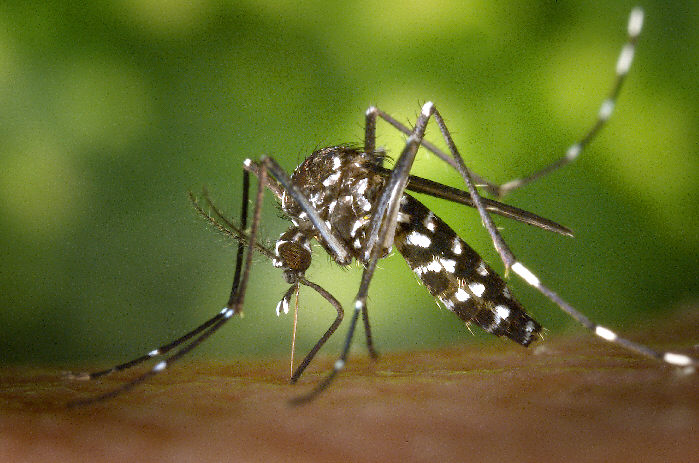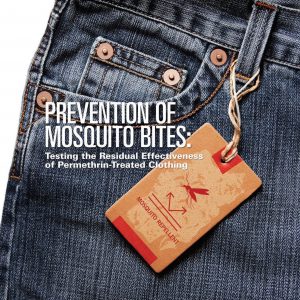Richards SL, White AV and Balanay JG (2017). Potential for sublethal insecticide exposure to impact vector competence of Aedes albopictus (Diptera: Culicidae) for dengue and Zika viruses. Research and Reports in Tropical Medicine 8: 53-57.
Abstract
Chikungunya, dengue, and Zika viruses (CHIKV, family Togaviridae, genus Alphavirus; DENV and ZIKV, family Flaviviridae, genus Flavivirus) are arboviruses that cause human epidemics. Due to the lack of vaccines for many mosquito-borne diseases, there is a need for mosquito control. In the US and other regions, residual barrier insecticide sprays are applied to foliage where female mosquitoes rest and/or sugar feed between blood meals. Residual sprays are an important control method for anthropogenic day-active sylvan mosquitoes such as Aedes albopictus (vector of CHIKV, DENV, and ZIKV) that are difficult to control using ultralow-volume sprays applied only at dusk or dawn when these mosquitoes are not active. In this exploratory study, we analyzed the extent to which ingestion of a sublethal dose of the active ingredient bifenthrin affected vector competence (i.e., infection, dissemination, and transmission) of Ae. albopictus for DENV and ZIKV. Two incubation periods (IPs; 7 and 14 d) were tested at 28°C for insecticide-fed and sugar-fed mosquitoes. We show that mosquitoes that were fed bifenthrin (0.128 μg/mL) mixed with sucrose solution exhibited significantly lower DENV infection rates and body titers after a 14-d IP. During the 7-d IP, one mosquito (sugar group) transmitted ZIKV. During the 14-d IP, 100% of mosquitoes showed body and leg ZIKV infections, and one mosquito (sugar+bifenthrin group) transmitted ZIKV. This is a preliminary communication, and more studies will be required to further investigate these findings. We expect the findings of this small-scale study to spur larger-scale investigations of the impacts of insecticides on mechanisms regulating vector competence, and exposure to other active ingredients, and aid in development of new insecticides.
Full article can be accessed at this link.
Photo source: CDC/James Gathany




